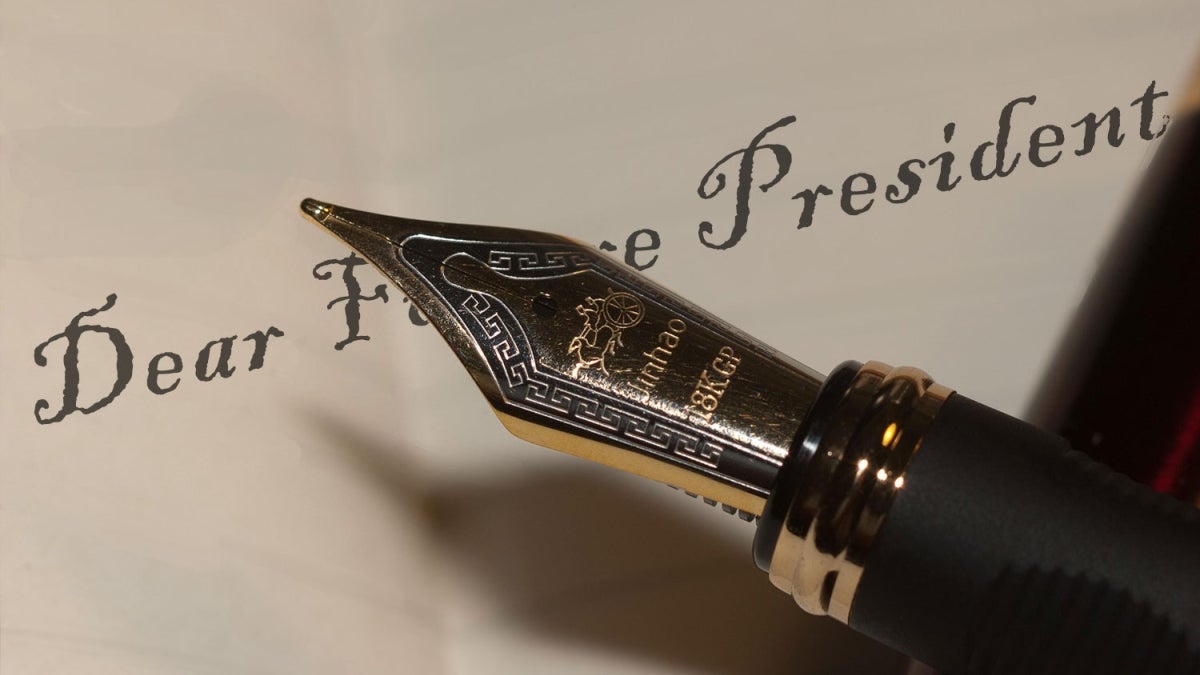Innovating for equality

Dear Future President: In an essay contest for U.S. undergraduates, the School for the Future of Innovation in Society is encouraging students to write an open letter to the next U.S. president on “Innovating for Equality.”
Innovation. It is a term that invokes hope, visions of the future, times and places that are different — and better — than today.
But innovation without careful consideration and responsible oversight can build barriers instead of bridges.
Who gets to benefit from the latest smart phones? Or the newest health diagnostic methods? Or cutting-edge gene editing techniques, the emerging Internet of Things, or autonomous drones?
And who does not?
More importantly, what can we do to ensure innovation benefits everyone, not just a privileged few?
This is the question being asked in a new competition being run by the Arizona State University's School for the Future of Innovation in Society.
In an essay contest for U.S. undergraduates, the school is encouraging students to write an open letter to the next U.S. president on “Innovating for Equality.”
“Innovation is critically important for improving lives,” said Dave Guston, the school’s founding director. “Yet innovation without responsibility will widen equality gaps and drive an even greater wedge between the haves and the have-nots. This competition provides a unique opportunity for undergraduates to recommend ways in which the next administration can promote innovation for equality.”
The three winning entries will be awarded cash scholarships, and the top entries will be published by the school.
For more information on the competition, visit https://sfis.asu.edu/essay-competition.
More Science and technology

Hack like you 'meme' it
What do pepperoni pizza, cat memes and an online dojo have in common?It turns out, these are all essential elements of a great…

ASU professor breeds new tomato variety, the 'Desert Dew'
In an era defined by climate volatility and resource scarcity, researchers are developing crops that can survive — and thrive —…

Science meets play: ASU researcher makes developmental science hands-on for families
On a Friday morning at the Edna Vihel Arts Center in Tempe, toddlers dip paint brushes into bright colors, decorating paper…

